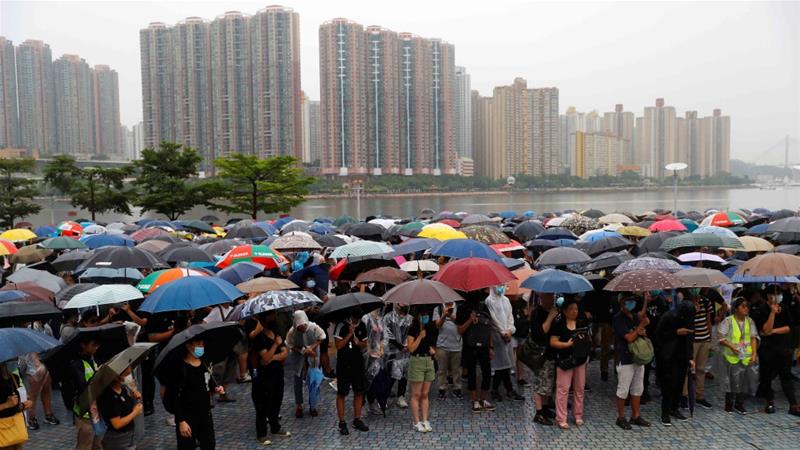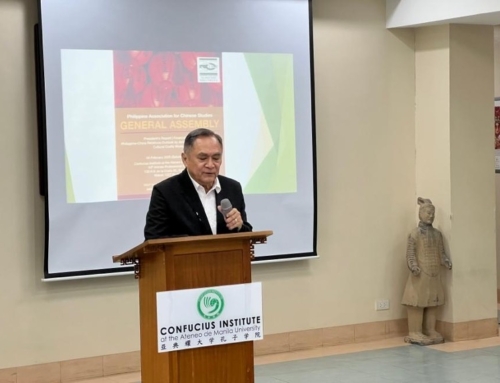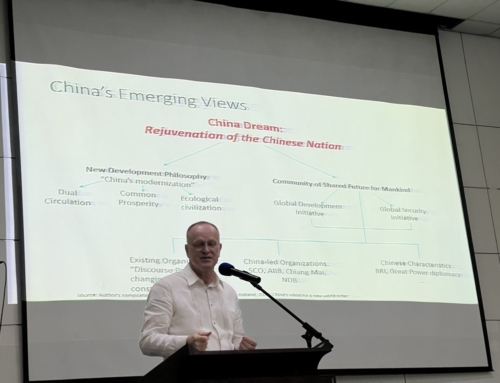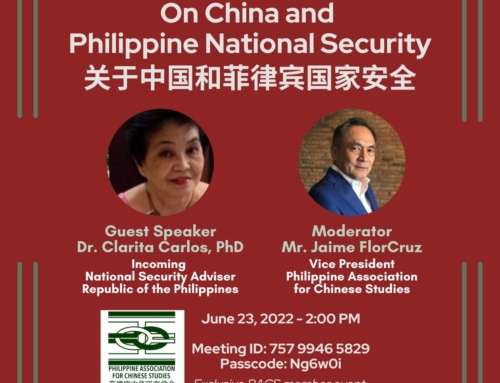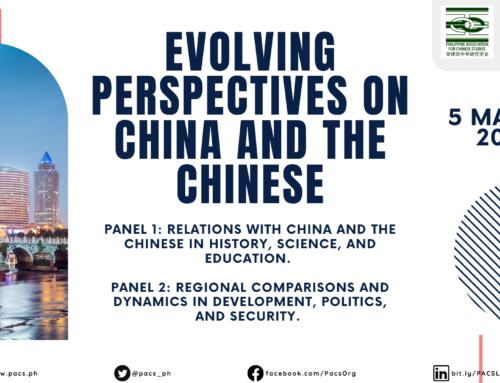Skip to content
Home/China,
Hongkong/Hong Kong: The Rule of Law, and its Long and Treacherous Road to Self-Determination
Hong Kong: The Rule of Law, and its Long and Treacherous Road to Self-Determination
by Ivy Ganadillo
A Hongkonger waving a British flag; students, professionals, young and old marching on the streets; hostilities breaking out at the legislative council building; harassment and riots between law enforcement officers and civilians; and canceled international flights. These, in a nutshell, are the images that tell the story of the Hong Kong Special Administrative Region (HKSAR) of China in recent weeks. What is happening in Hong Kong? Why have peaceful protests suddenly gone violent? Where will they lead? What is the future of Hong Kong?
Hong Kong has long been known for its progressive economy, as a business hub, a tourist destination, a home for liberal and international education, and a government and people who respect and value the rule of law. However, in the 2019 World Press Freedom Index, Hong Kong ranked 73rd – a drastic drop after almost two decades from 18th place in 2002. 1 In Mercer’s 2019 Cost of Living Survey, HK ranked as one among the most expensive metropolises in Asia based on consumer goods and housing costs.2 Residential property prices have increased by 242 percent over the past decade.3 In 2018, the disparity between the rich and poor was the largest in 45 years.4
Only 11% of Hongkongers identify themselves as Chinese.5 Hongkongers fear losing their freedom of speech and are greatly concerned about mainland China’s growing influence on their identity and ideology, as well as the presence of more and more mainlanders in Hong Kong. Resentment continues to brew over the central government’s denial of Hongkongers’ genuine and universal suffrage.
Thus, there is growing discontentment with the Hong Kong government. At the start of this year, a survey showed that 49 percent of those polled were dissatisfied with the government. Chief Executive (CE) Carrie Lam recorded her lowest approval ratings since taking office in July 2017. 6 She and her predecessor CY Leung had been asked to step down for allegedly serving the interests of Beijing, rather than of Hong Kong. Read more…
PACS2019-10-02T07:38:01+00:00
Share This Story, Choose Your Platform!
